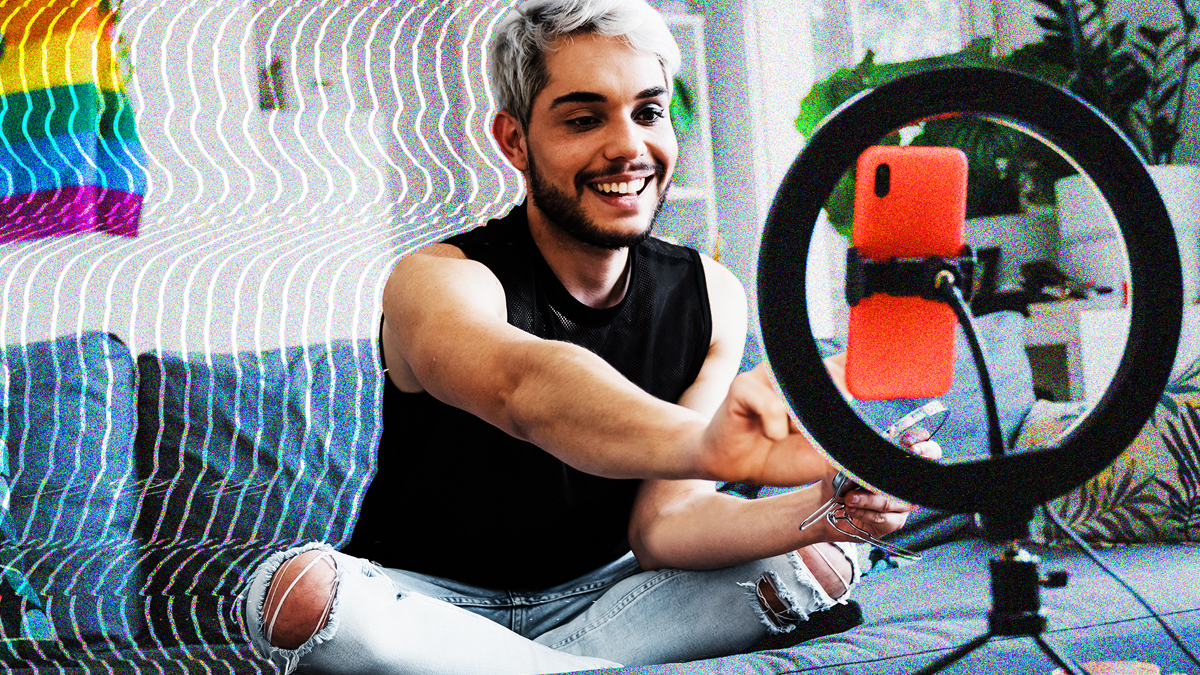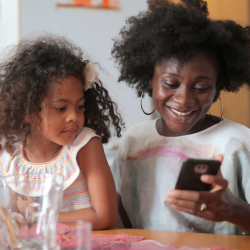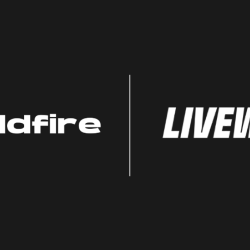Countless lockdowns — coupled with the rise of hybrid working — meant people started spending more and more time at home. Minds started to wander. Like the lockdown phenomenon, Marie Kondo, we were forced to hold a mirror up to our lives and reassess what brought us joy.
This clearer understanding caused a significant shift — namely, a drastic change in the way we interact online. People became invested in connecting with like-minded individuals over niche interests. And so the rise of micro-communities came to the fore.
These online groups can be found across the internet. TikTok, Discord and, to some extent, Facebook private groups — the list is constantly growing. And the success of these spaces that nurture these communities over the past two years have been incredible — Discord reached 150m active users in 2022, compared to 56m in 2019.
Why? Well, because authentic engagements have started to be prioritised. Portraying a flashy version of ourselves has been left in the past — and brands need to do the same. Building passions through simple, genuine content is the new status quo.
So what are the driving forces behind this recent re-evaluation — and what does the importance of micro-communities mean for brands?
Coming full circle
Friendster was released almost twenty years ago as one of the first social media sites — long before MySpace and Facebook hit our screens.
This was a platform that gave friends and family an opportunity to connect from afar, allowing them to deepen their relationships. Social networks since Friendster have followed suit, trying to replicate our real-world lives. They have been an extension of physical IRL communities.
Now micro-communities are allowing people to connect around common interests, independently of real life connections. As such, it is forcing brands to re-evaluate the value of online communities.
A number of factors are responsible for driving this shift:
- Algorithmic: TikTok — and other platforms — are using algorithmic curation to develop communities built around shared interests. This follows a process of interest network > discovery > reinforcement.
- Nichification: Discord and subreddits provide micro-communities a space to interact through shared passions.
- Infrastructure: Traditional platforms lack the best features to nurture this shift. Discord and Slack are trailblazers perpetuating the recent changes
Looking into the (virtual) crystal ball
Maintaining a presence on Facebook, Twitter or Pinterest used to be the baseline investment brands needed to make to maintain relationships with consumers.
Those days are over. New platforms need to be introduced into the social mix. Discord and TikTok must all be on the radar. Micro-communities are there, and they are an essential part of the digital ecosystem — micro-influencers achieve 60% higher conversion rates compared to their more popular peers.
Innovative campaigns — hosted in unexpected locations — will also be essential to provide brands with a voice to speak to their niche communities. The Social Element helped Keurig Dr Pepper — a soft drink popular amongst gamers — to connect with its core demographic through Reddit.
The community was asked to share their favourite gaming experiences. Winning entrants were awarded Platinum status, a Reddit feature offering unique site privileges. Campaign expectations were low — but what followed was more than 2000 comments and an overwhelmingly positive community response.
Brands shouldn’t be afraid to venture out of their comfort zones. A flexible mindset offers an opportunity to successfully navigate any and all social platforms. Each network has its own tone of voice — the ‘one size fits all’ approach is outdated and will quickly be exposed.
Picking up on micro communities’ different nuances — whether its colloquialisms, jargon or niche references — will allow brands to seamlessly integrate themselves with these audiences.
Time to tidy up
“Does this bring you joy?” Kondo’s teachings can be applied to all walks of life. Tidying is simply a means to an end — providing a blank slate from which to start again. And the truth of this wisdom extends well beyond just the cleanliness of a house.
Online behaviours — particularly people’s interactions on social networks — are evolving. Brands looking to avoid becoming digital dinosaurs must be flexible to new, shifting expectations. Micro-communities may appear small — but their impact can be massive.
Featured image: ion.co


































